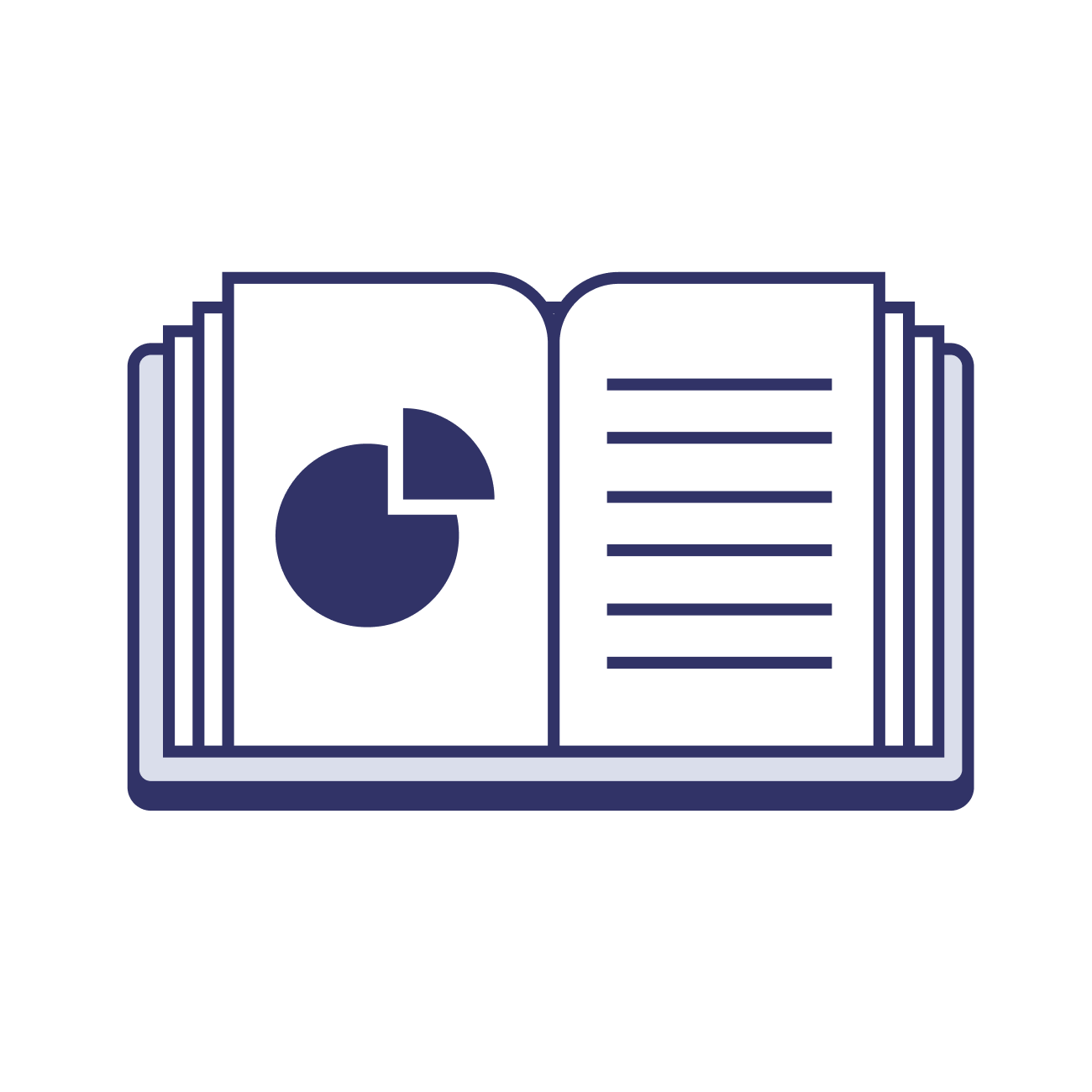A Path to Business and Human Rights

October 17, 2016
One of Stern’s application essays, entitled “My Two Paths”, asks prospective students to consider two different things they could do with an MBA. Many of my classmates struggled with this question because they were so intent on a single career path. However, I really enjoyed it because it forced me to look beyond the “traditional” roles and research all of the different places an MBA could take me. When I was applying to business school, I was working at a small non-profit organization and I wanted to continue working for a mission driven organization.
While doing this research, I found Stern’s Center for Business and Human Rights. Like most people, I saw human rights protection as a concern for governments and international institutions, not businesses. If anything, multi-national corporations (MNCs) were often seen portrayed as the violators of human rights, not their protectors. However, after learning more about the work of the Center, I discovered that the Center offered a summer fellowship in business and human rights at a MNC. I had found one of my paths.
A few months later, I had been selected as a Fellow to work in the Global Compliance Department at New Balance, a Boston-based athletic footwear and apparel company. As someone who had grown up in a family of runners in the Boston area, I felt particularly honored to be working for a company that had such a close relationship with the city.
During the summer, my main project was conducting a gap analysis of New Balance’s Global Compliance program against the UN Guiding Principles on Business and Human Rights (UNGPs). The UNGPs set out how businesses can operate in a more rights-respecting way and how they should redress violations. My work involved analyzing factory audit and evaluation reports, improving worker grievance mechanisms, benchmarking New Balance against industry peers, and researching the relationship between better working conditions and higher product quality. I was pleasantly surprised by the strength of the relationship between the Compliance team and other departments with which I also worked, including the Sourcing, Legal and Materials Development.

Despite their hard work, both New Balance and the industry face an uphill battle in the area of business and human rights. No one can fight this battle alone. Executives are realizing that respecting human rights can be an effective strategy to create higher quality products, reduce cost and legal liability, and reach more customers.
At the end of the summer, I reflected on what it would take to be successful in the sustainability field. Unlike jobs in other industries, there is no formal recruiting process and every company in every industry approaches it differently. This calls for a unique set of skills.
First, it is crucial to understand the ins and outs of every relevant business unit. It was crucial for me to understand lean manufacturing, the Foreign Corrupt Practices Act, and the Higg Materials Sustainability Index in order to push for changes that would go beyond the Compliance team. This ability to understand multiple aspects of a business is a reason why MBA students are uniquely prepared for roles in this field.
Second, it’s important to have the ability to see the forest for the trees. A crucial part of the Compliance team’s job is to audits New Balance’s hundreds of factories in dozens of countries every year. These audits take days to complete, produce hundreds of unique data points, and often involve complex plans for violations. Even when confronted with so much detail, it was still essential for me to understand the larger purpose of these audits while also exploring other methods for uncovering potential human rights impacts. Once again, an MBA student who has taken strategy and accounting courses is uniquely prepared for this task.
Finally, an entrepreneurial drive is essential to effectively present the company’s mission to both internal and external audiences. Many sustainability departments don’t have defined job functions. Sometimes the best way to get something done is to simply do it. This approach turned into a number of great projects for me that also pushed the company forward.
Despite its challenges, the business and human rights field is growing and will become a crucial part of successful businesses going forward. The fellowship gave me the opportunity to get this in-depth look at a perfect time, and I look forward to using my newfound skills to progress even further.
 Business Education
Business Education Business & Human Rights Leadership
Business & Human Rights Leadership


